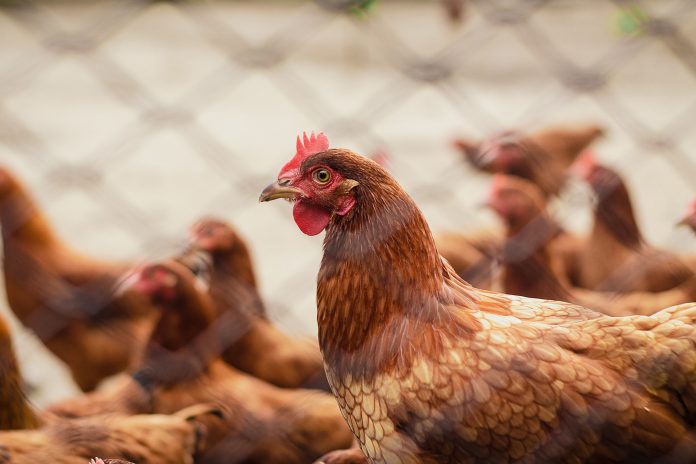Brunei’s production of broiler chicken is up 25% for the first half of 2021 through increased allocation of farm land and the construction of more poultry coops.
The Department of Agriculture and Agrifood (DAA) of the Ministry of Primary Resources (MPRT) recently reported the increase from 14,608 (metric) tonnes last year to 18,720 tonnes this year.
Aside from sales to businesses and consumers, there is also an increased demand for chicken meat for the local production of sausages, nuggets and other processed products.
The country is self-sufficient in egg production, which also increased 3.2% from 98 million to 101 million eggs from January to June.
According to market prices on August 11 to 14, whole chicken retails to consumers for $4.35 to $5.50 per kilogramme, while eggs (Grade B) are sold for $4.30 to $5.50 for a tray of 30 eggs.
MPRT also began allowing the import of frozen chicken, beef, buffalo and lamb in early 2021. Since then, 513 tonnes of beef and 65 tonnes of sheep (lamb/mutton) have been imported from Australia, and 223 tonnes of poultry have been sourced from Malaysia. Another 278 tonnes of sheep will be imported from Australia in the near future.
Frozen imports were previously put on hold after the first outbreak of COVID-19 in March last year which prevented religious officers from traveling abroad to certify if produce were following Halal standards.
To shore up the shortage in frozen imports, DAA eased the importation of live cattle, buffalo and sheep for local slaughter and supply. Live imports have since become the main source of red meat in the market.
Local slaughter of buffalo and beef is up 180% for the first seven months of the year, increasing from 919 tonnes to 2,656 tonnes. Sheep slaughter has seen six-fold increase from 18 tonnes to 108 tonnes.
12,000 cattle and buffaloes and 6,700 sheep have been imported from January to July this year. 2,000 cattle and buffaloes are expected to arrive this September from Australia, with another 1,600 from Malaysia as well.
DAA added that vegetable and fruit produce has also increased despite a shortage in foreign labour, with imports still necessary to supplement local supply in meeting domestic demand.












